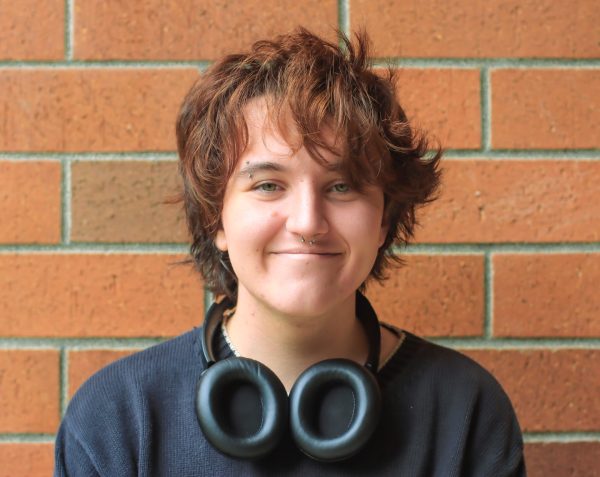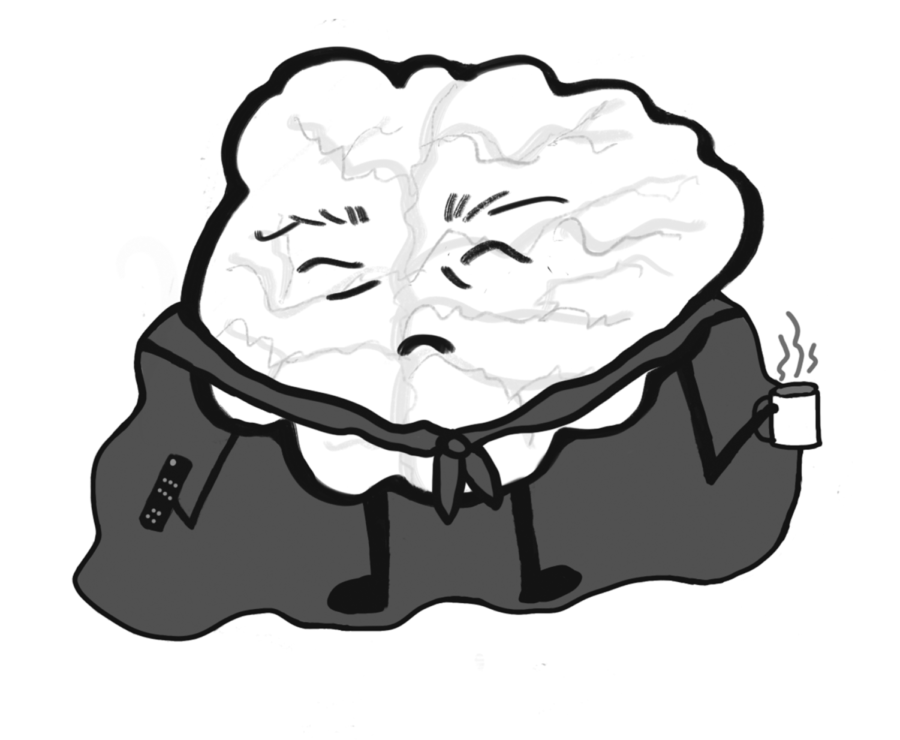Earlier this month, Tennessee Gov. Bill Lee signed into law a ban against all gender-affirming care for transgender youth under the age of 18. The bill, signed on March 2, 2023, not only prohibits gender-affirming care for youth in the future, but for those currently on any form of hormones or hormone blockers, they have until March 31, 2024 to cycle off of them. Hormone replacement therapy, or HRT is when an individual, usually trans, takes either estrogen or testosterone, to replace their current hormone levels and further align with their health goals.
Hormones, surgery and blockers are all still available for certain health conditions, such as when children experience puberty at an unusually young age, women or men who have higher levels of the opposite hormone, or for certain cancers, but cannot be used for gender dysphoria. This actively furthers the inaccessibility of transgender healthcare.
Transgender youth already experience some of the highest reported rates of hate crimes. Nearly 17% of transgender students report being physically assaulted because of their gender expression, and 32.1% report being physically harassed. Clearly, there is still a shocking lack of transgender education and support.
There are decades of research to prove transgender psychology, yet in many states, legislation is moving backwards instead of forwards. Children are being exposed to gun violence in schools, a politically divided climate, food deserts, and generations are experiencing extreme mental health problems. On top of all of this, restricting trans healthcare, especially for younger people, not only endangers their mental health, but it furthers the stigmatization of transgender issues.
So far, two dozen other states are currently contemplating banning or limiting gender-affirming care for minors, causing outrage in many states and panic among the trans and queer community. Many are scared for what the future may hold for transgender individuals, some thinking about or preparing to leave the United States in search of medical refuge. Transgender activists have taken a stance against the sweeping bans, taking to social media, queer organizations and trans youth centers to help.
As the political climate against transgender youth continues to escalate, it’s likely that more bans like this will be put into place in the near future. Queer anti-trans activists have already grown a large following with the “LGB without the T” movement, spreading more anti-trans rhetoric.
With how transphobia is spreading, there is only so much activists can do to mitigate the growth.
Even if it’s donating to a local group that helps build support for trans youth, signing one of the many online petitions or offering support through social media, many are left feeling hopeless in the face of all the hatred.


















